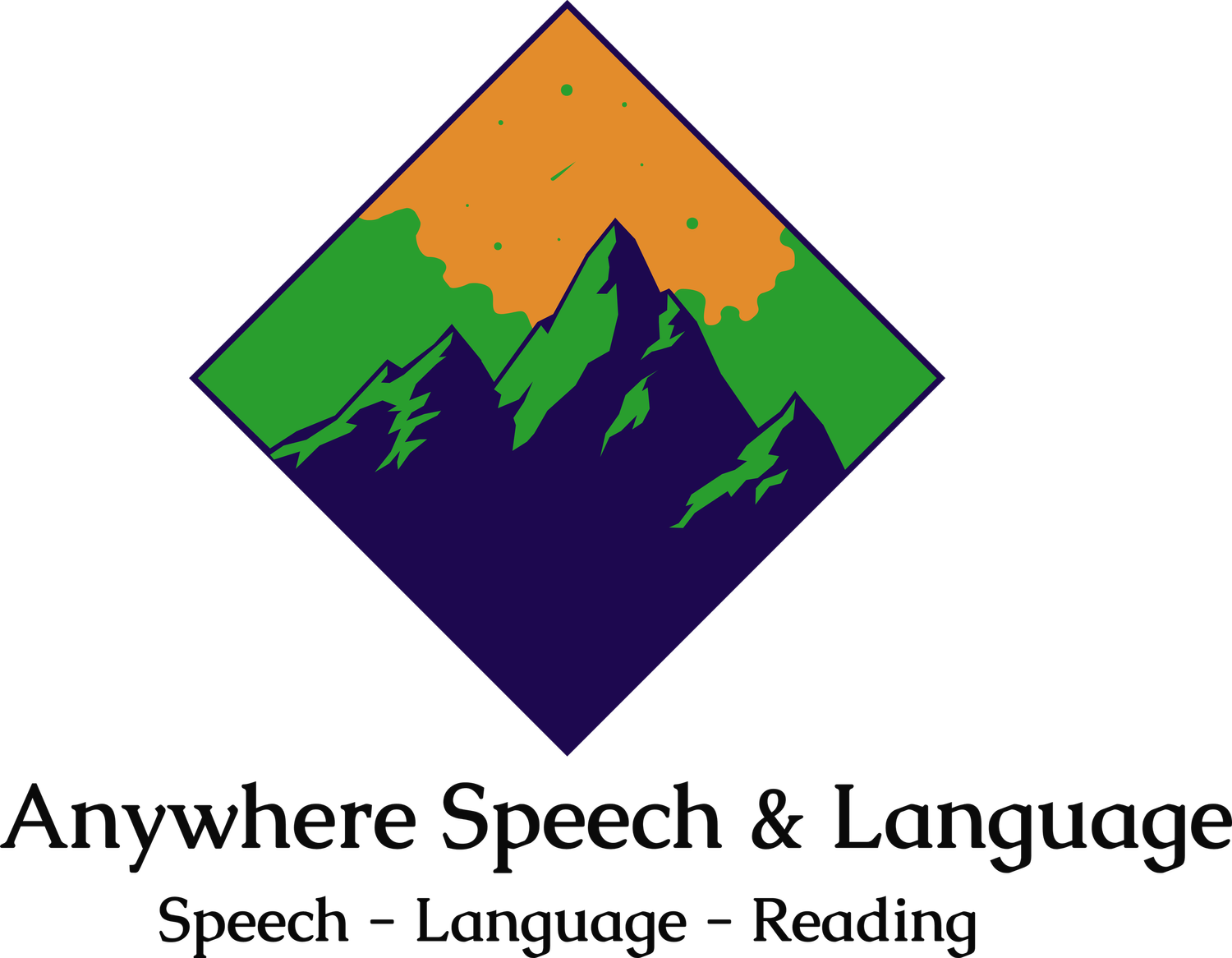What is Dyslexia?
Is your young one mixing up letters and sounds when they read? Are they getting frustrated when they are asked or required to read?
Parents suspect their children may have dyslexia when they notice their kids struggle with reading. It is estimated that approximately 15–20 percent of the world’s population has some form of dyslexia. As a popular topic, there are many misconceptions that go around this particular disorder.
We’ll discuss some ways parents can help their children who struggle with dyslexia. We’ll also dispel some common myths, and provide tips for seeking help for your loved ones.
What is Dyslexia?
Dyslexia is a disability that affects the language processing part of the brain. The most common effect is difficulty with reading activities, but it expands to other language challenges as well.
Children who suffer from dyslexia often find it difficult to learn new words and retrieve them, which affects their ability to read, write and spell properly. They usually speak well but sometimes struggle to find the right word when trying to express themselves.
Dyslexia affects children’s ability to learn effectively. In a traditional education system, keeping up becomes a challenge for them. Many students with this disorder may struggle academically and may require additional help from teachers and administrators.
Dyslexia has not been proven to be inherited; however, some research suggests that it could be genetic. Dyslexia often accompanies other language disorders such as ADHD, which causes children to be distracted easily and has them act impulsively.
Effects and Complications
Dyslexia can cause different types of issues if left unaddressed. Children who start school may show difficulties learning and reading, hindering their academic performance. Children who suffer from dyslexia often experience lower levels of self-confidence than their peers without such disabilities.
Young children who struggle with reading might be able to learn better if they receive enough help from teachers and parents. Without it, the difficulty and progress gaps widen for students who enter high school.
In all cases, dyslexia shouldn’t be taken at face value as a sign of a person’s inability to think logically or his/her reluctance to learn. Dyslexic kids can learn just like any other kid if they’re given the proper tools and support.
Furthermore, dyslexia can lead to additional complications if they become adults without such intervention or support. Their slower language skills might affect their ability to perform well at work in the future.
Signs of Dyslexia
Dyslexic children may show some symptoms at different times during their development. They often appear at first when children start reading. Before school starts, you may begin noticing some of these early warning signs.
● slow vocabulary building
● speech and language development delay
● struggle with learning rhymes on written books/pages
● hard time with differentiating letters, numbers and colors
If they fall behind at school when they’re older, their teachers might point out their lack of progress. You might not always get clear feedback from teachers, but you’ll usually notice some of these common signs such as:
● hard time understanding what they hear or read
● writing symbols in strange orientation and switching letters that look the same
● difficulty with learning items in sequence, most commonly numbers or the alphabet
Remember that dyslexia is unique to everyone; each person has his own unique set of challenges. Some may be severe; some may be manageable. It’s especially true for people who suffer from both dyslexia and another language disorder.
There are several others that could cause similar symptoms. It’s best not to rule out dyslexia entirely though and its recommended to seek help with a professional to get a proper diagnosis.
How to Seek Help
If you notice your child has trouble reading, it might be time to seek help from an expert. Nevertheless, keep in mind that the rate at which children speak varies greatly between them.
Sometimes, your child needs just a bit more help, or maybe even another way to learn something. It may be best to seek professional help if any of these symptoms persist for an extended period of time.
Your child’s doctor may conduct a screening test for your child. They might recommend seeing a psychologist if additional testing needs to be done. Once a full diagnosis has been reached, you may be recommended to a speech-language pathologist.
Early intervention for dyslexia works well. There aren’t any treatments available yet but there are things we can do to help ease their symptoms and alleviate their reading challenges.
If you’re worried about your child’s reading and language skills, reach out to us to get started with helping them.

